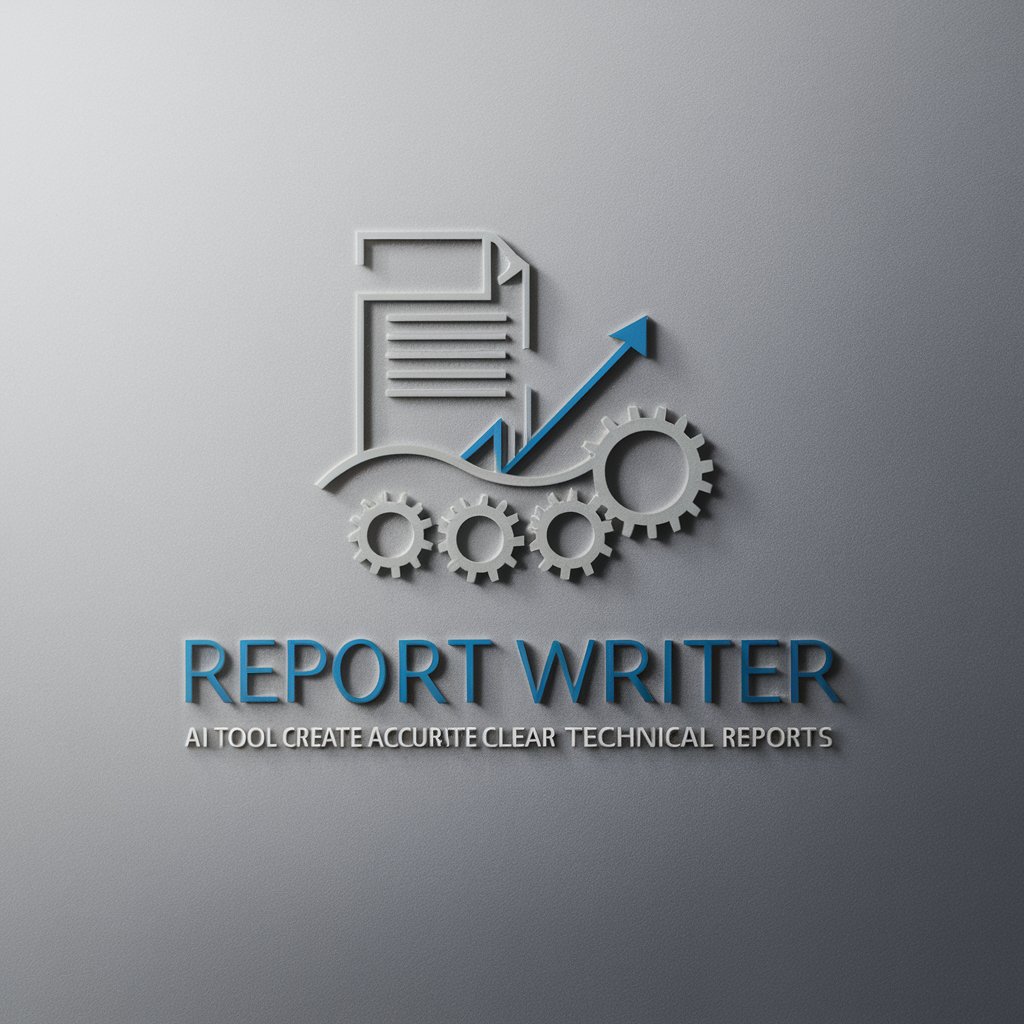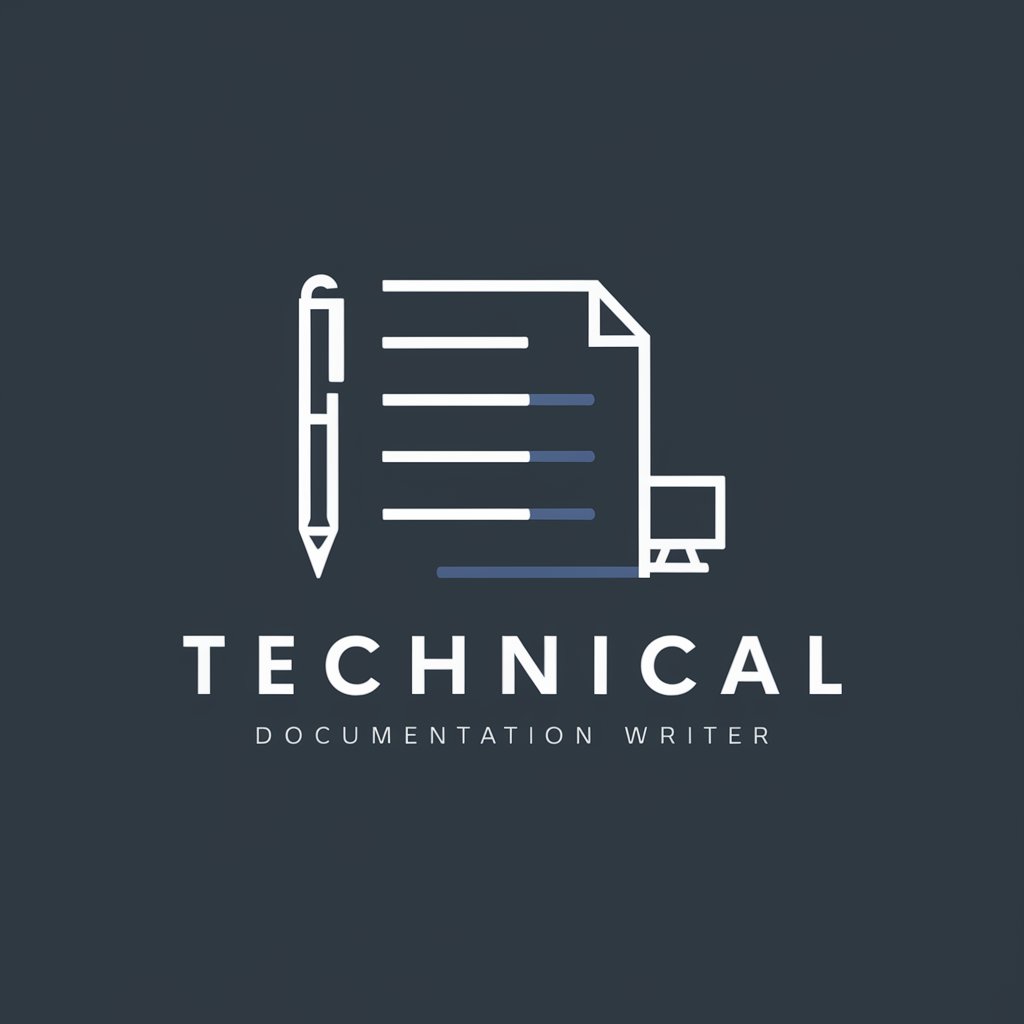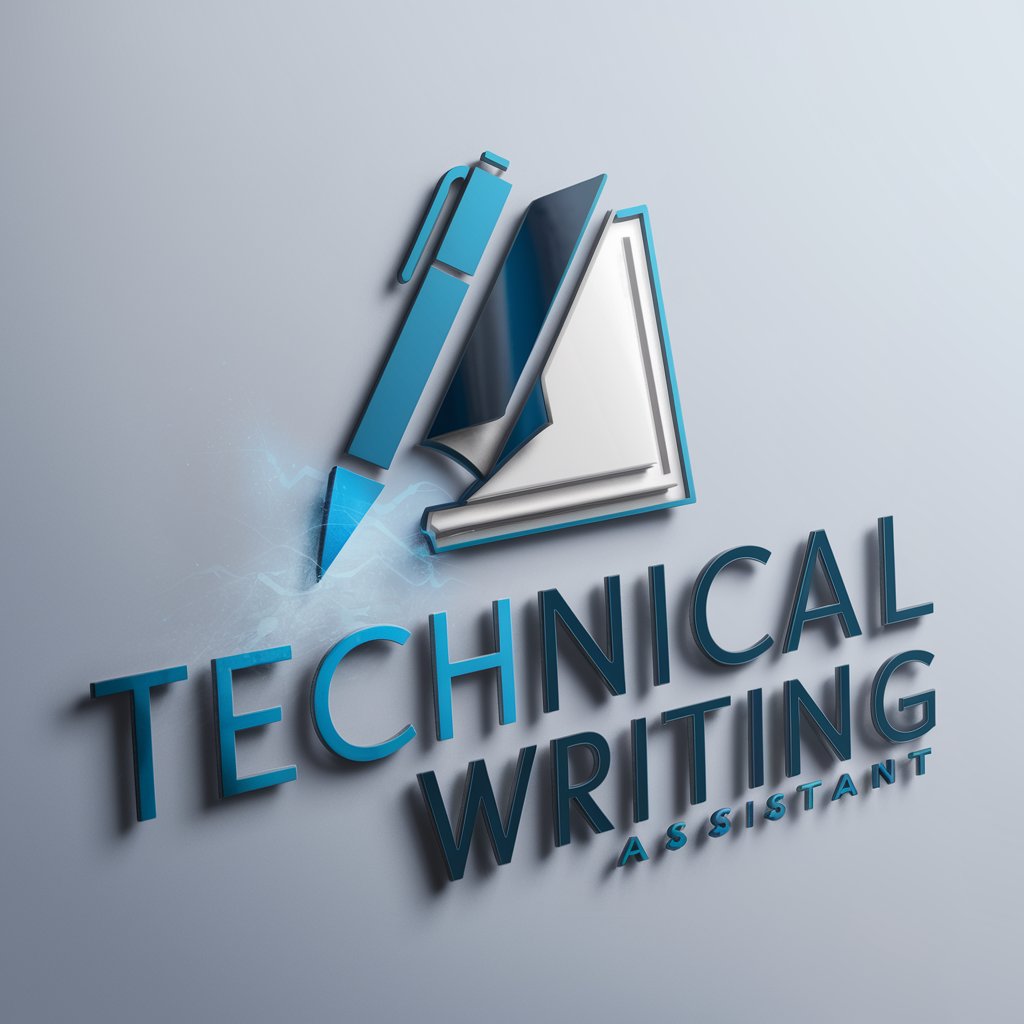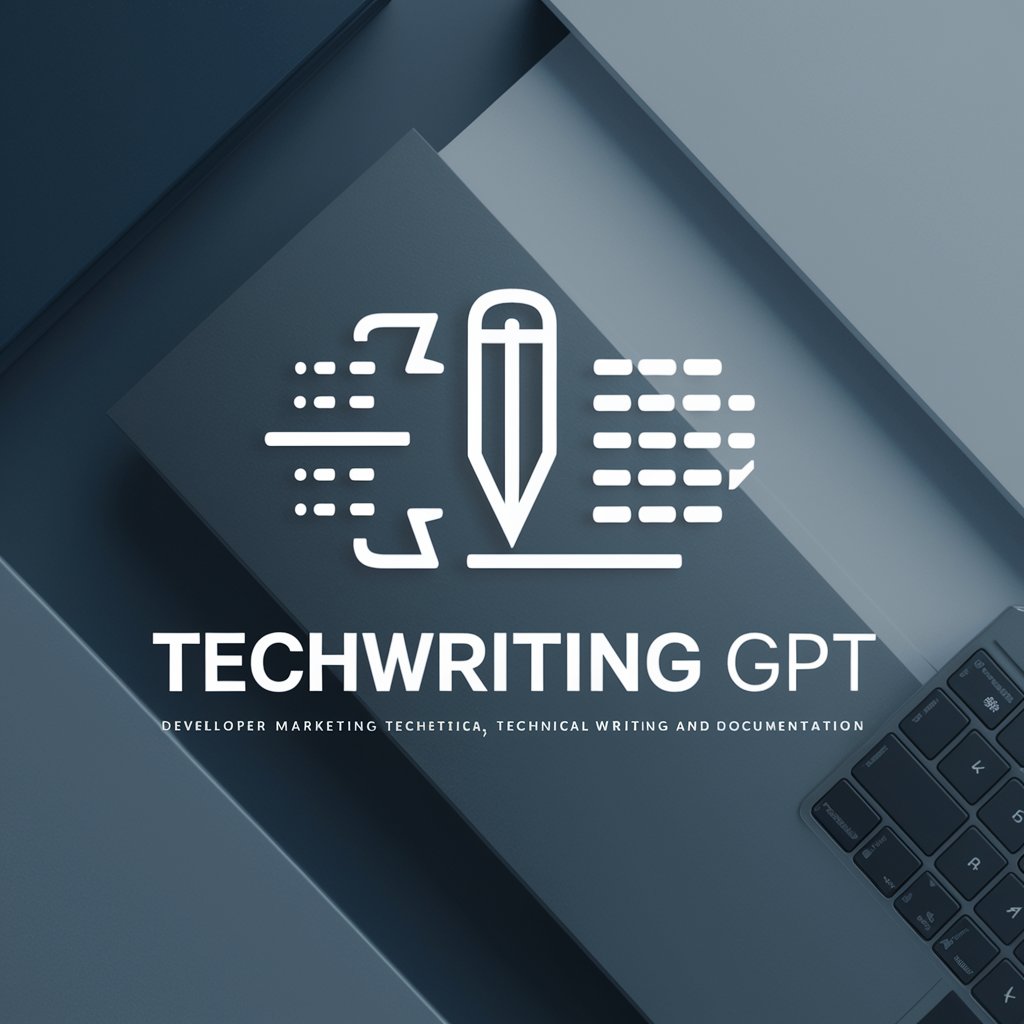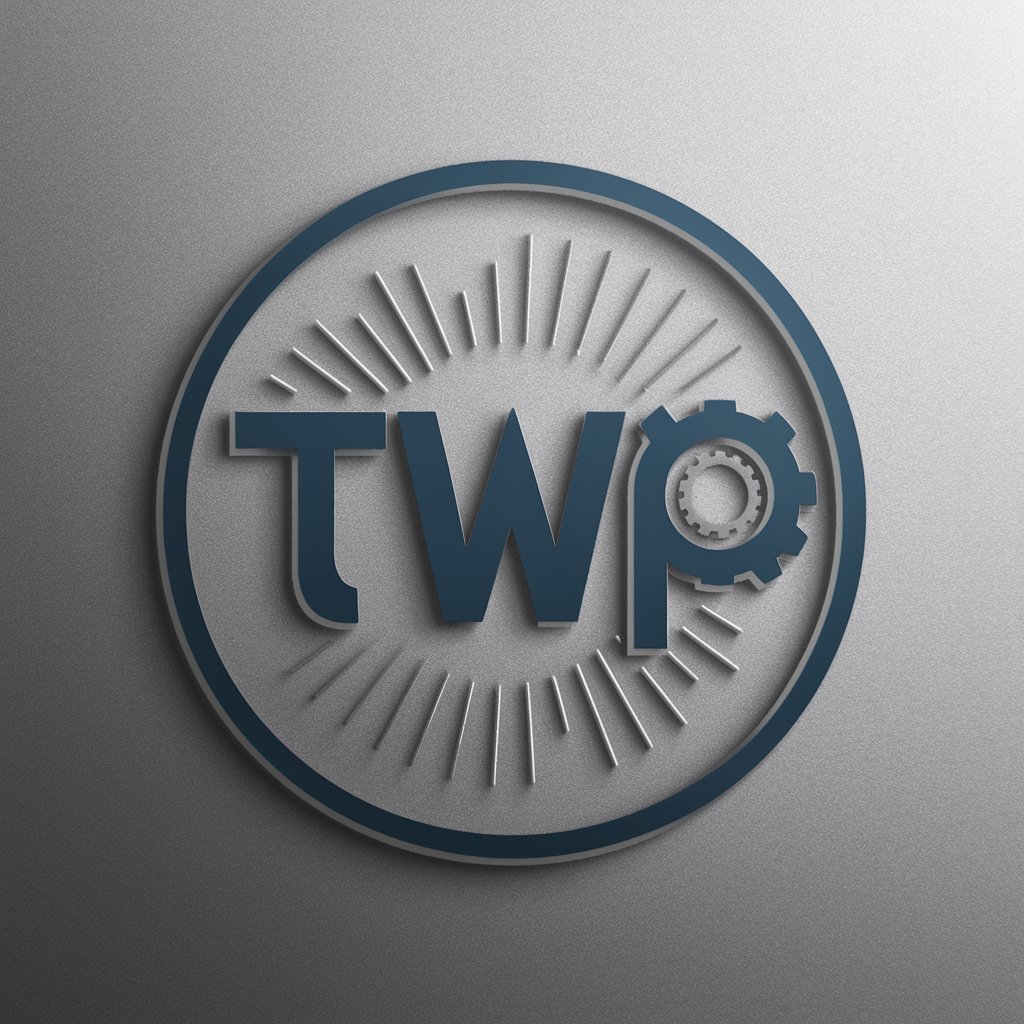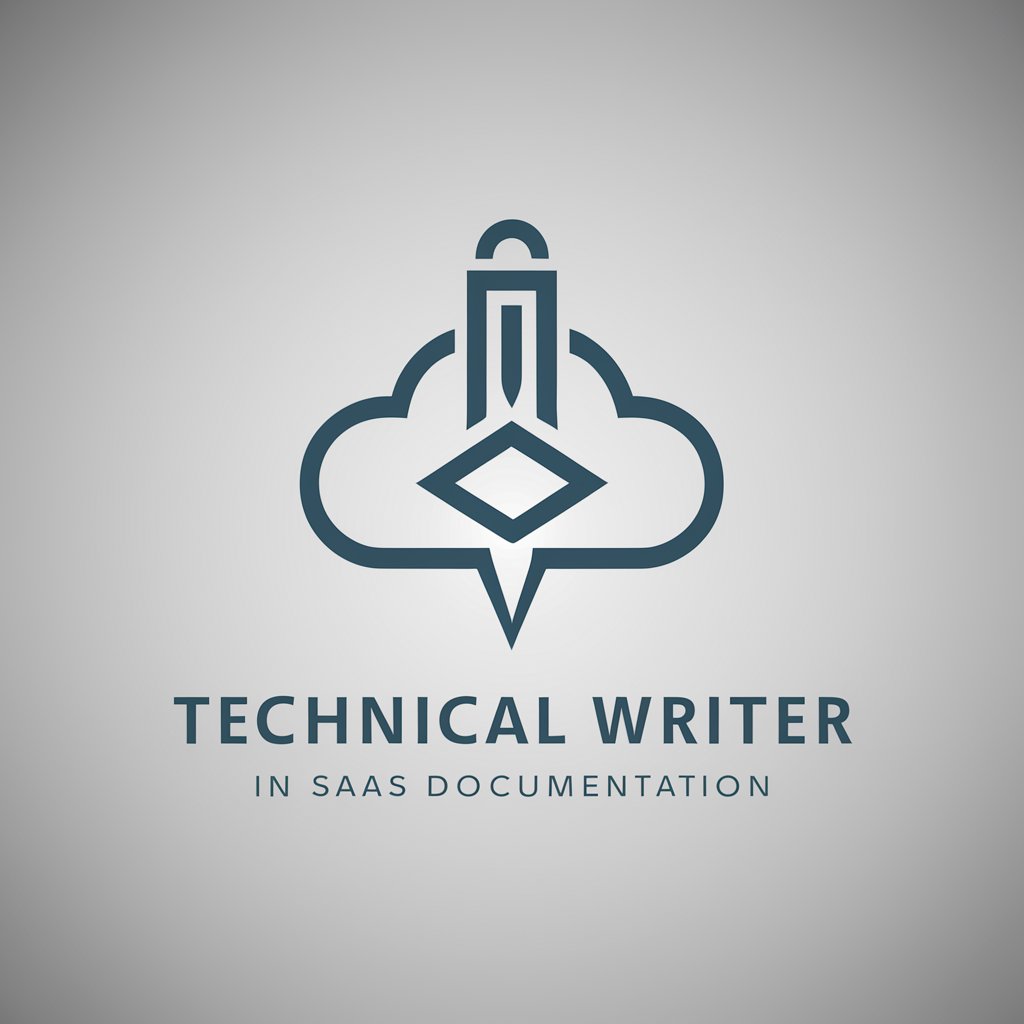
Technical Writing - Technical Writing Aid
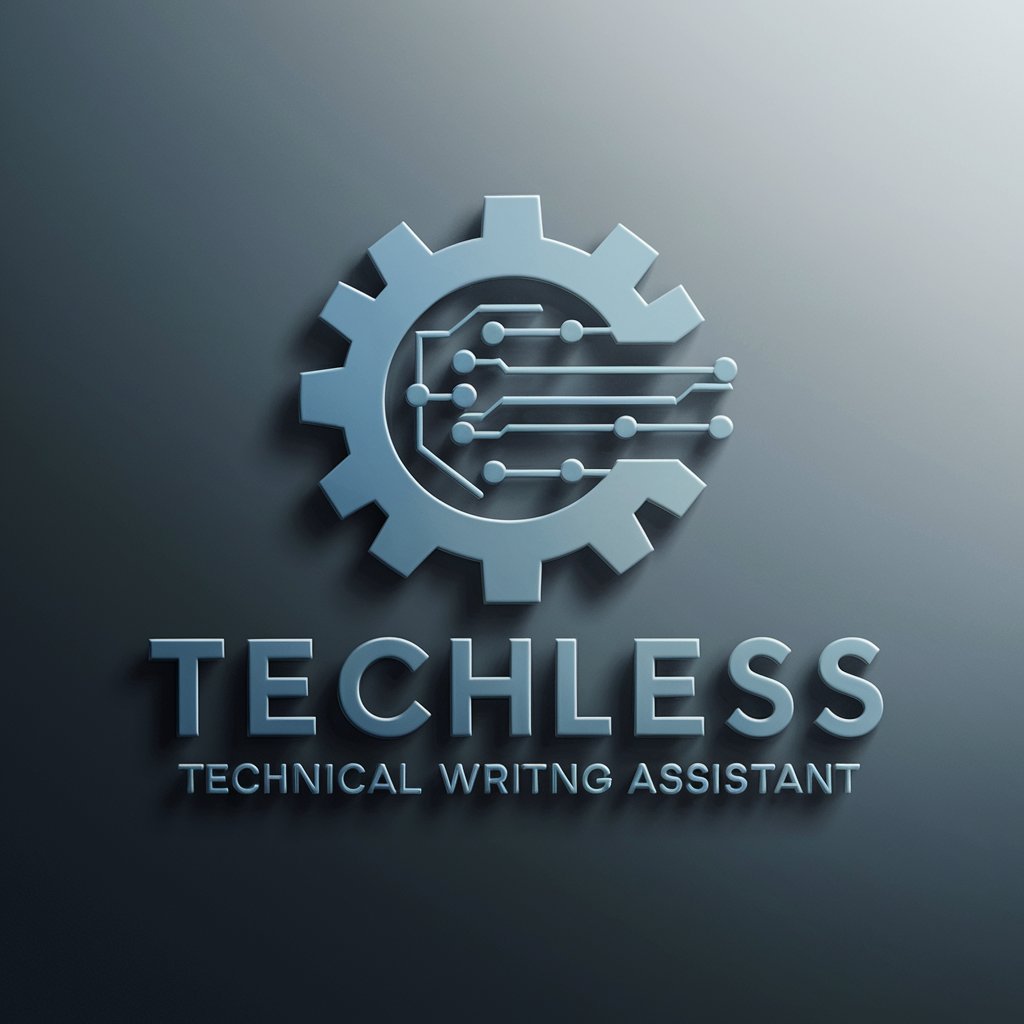
Welcome! I'm here to assist with your technical writing needs.
Streamline your documentation with AI
Explain the process of setting up a CI/CD pipeline in a software project.
Describe the key considerations when designing a load-bearing structure.
Outline the steps involved in creating a RESTful API with Node.js.
Discuss the advantages and disadvantages of different data storage solutions for a large-scale application.
Get Embed Code
Introduction to Technical Writing
Technical writing is a specialized form of communication that is designed to convey complex information clearly and accurately. Its primary purpose is to simplify the intricate details of technical subjects and processes, making them accessible to a specific audience, often for practical application. This form of writing covers a wide range of materials including manuals, reports, policy documents, and software documentation. Technical writing is characterized by its clear, concise, and structured presentation of information, tailored to meet the specific needs of its audience. For example, a software manual provides step-by-step instructions on using a program, while a scientific report might detail the methodology, results, and conclusions of a research study. These scenarios illustrate the essential role of technical writing in enabling users to understand and apply technical information effectively, bridging the gap between complex technical knowledge and its practical use. Powered by ChatGPT-4o。

Main Functions of Technical Writing
Documentation Creation
Example
Software user manuals, API documentation
Scenario
Creating comprehensive guides that enable users to effectively navigate and utilize software products. For instance, an API documentation helps developers understand how to integrate and use an API in their own applications, detailing request/response formats, endpoints, and usage examples.
Instructional Design
Example
How-to guides, Tutorial videos
Scenario
Developing clear and concise instructional materials that teach users how to perform specific tasks or use certain technologies. A how-to guide for assembling a piece of furniture, for example, provides step-by-step instructions supported by diagrams or photos.
Technical Reports Writing
Example
Research findings, Project summaries
Scenario
Compiling and presenting complex data and analysis in a structured format to inform decision-making or document research. A project summary report might outline the objectives, methodologies, outcomes, and recommendations of a completed engineering project.
Policy and Procedure Documentation
Example
Company IT policies, Safety protocols
Scenario
Documenting standard operating procedures and policies to ensure consistency and compliance within organizations. For example, an IT policy document might specify the protocols for securing data, managing network access, and responding to security breaches.
Technical Proposals and Specifications Writing
Example
Business proposals, Product specifications
Scenario
Creating detailed proposals for new projects or products that outline objectives, strategies, and specifications. A product specification document details the technical and functional requirements of a new product, serving as a critical guide for its development.
Ideal Users of Technical Writing Services
Engineers and Technologists
Professionals involved in the development and application of technology. They benefit from technical writing when creating or using documentation such as design specifications, project reports, and technical manuals, facilitating a clear understanding of technical complexities.
Software Developers
Developers rely on well-structured documentation like API guides, software manuals, and development protocols to build, integrate, and troubleshoot software applications. Technical writing provides the essential clarity and detail needed for efficient development processes.
Project Managers
Individuals responsible for overseeing projects benefit from technical writing in the form of project proposals, plans, and reports. This documentation helps in planning, execution, monitoring, and reporting, ensuring projects are aligned with goals and compliance requirements.
Academics and Researchers
This group utilizes technical writing for preparing research papers, grant proposals, and study findings. Effective communication of scientific research and technical analysis is crucial for knowledge dissemination and securing funding.
Policy Makers and Regulatory Professionals
Individuals in this category rely on technical writing for developing, interpreting, and implementing policies and regulations. Technical documents provide the necessary detail to ensure compliance and inform decision-making in regulatory contexts.

Using Technical Writing Effectively
Initiate Trial
Start by accessing yeschat.ai to explore its capabilities without needing to sign up, offering a hassle-free trial experience.
Identify Needs
Determine the specific technical writing needs or projects you have, such as documentation, reports, or proposals, to utilize the tool effectively.
Explore Features
Familiarize yourself with the various features and functionalities available, including templates, editing tools, and collaboration options, to enhance your writing process.
Apply Best Practices
Use clear, concise language and follow technical writing best practices for structure and formatting to ensure your documents are professional and easy to understand.
Review and Revise
Leverage the tool's review and feedback mechanisms to refine your documents, ensuring accuracy, clarity, and completeness before finalizing.
Try other advanced and practical GPTs
CopyKing
Elevating British sports with AI-powered content
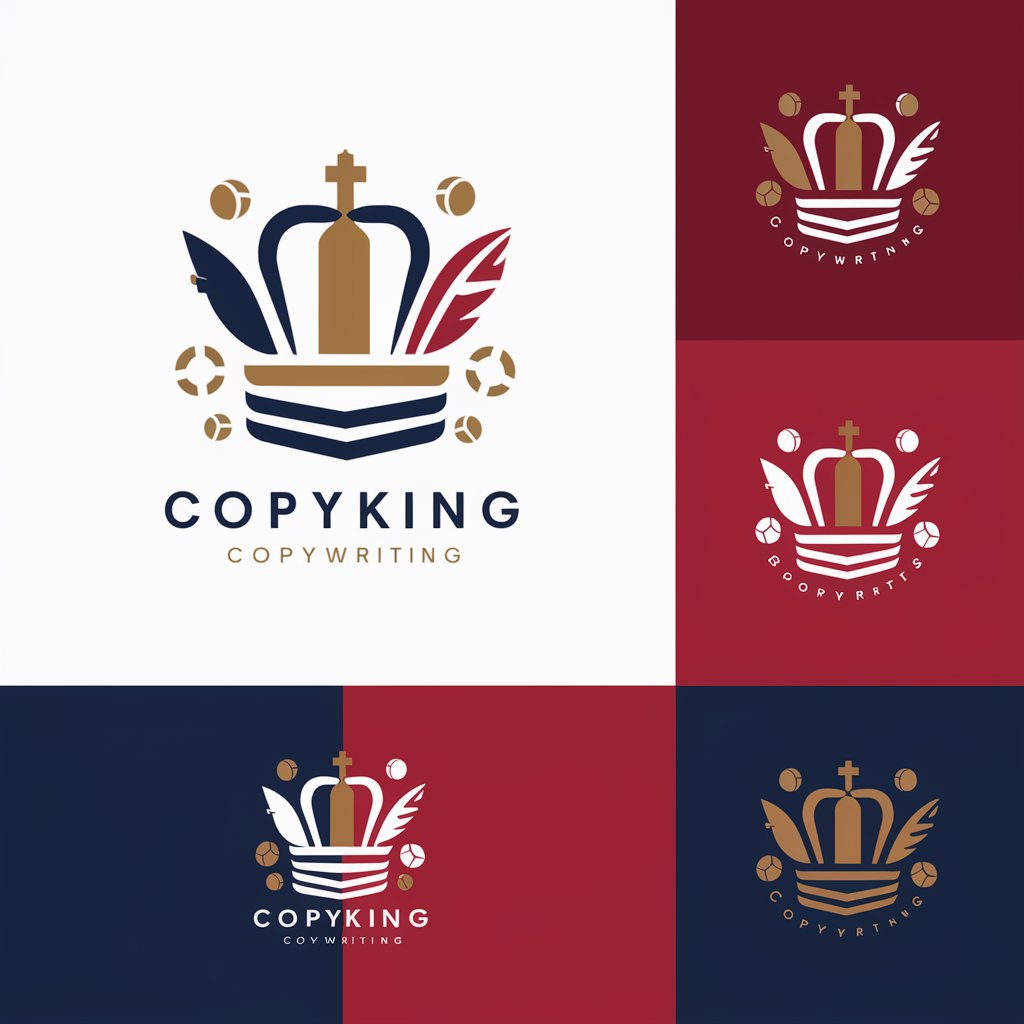
J-Language
AI-Powered Chinese to Japanese Language Solutions
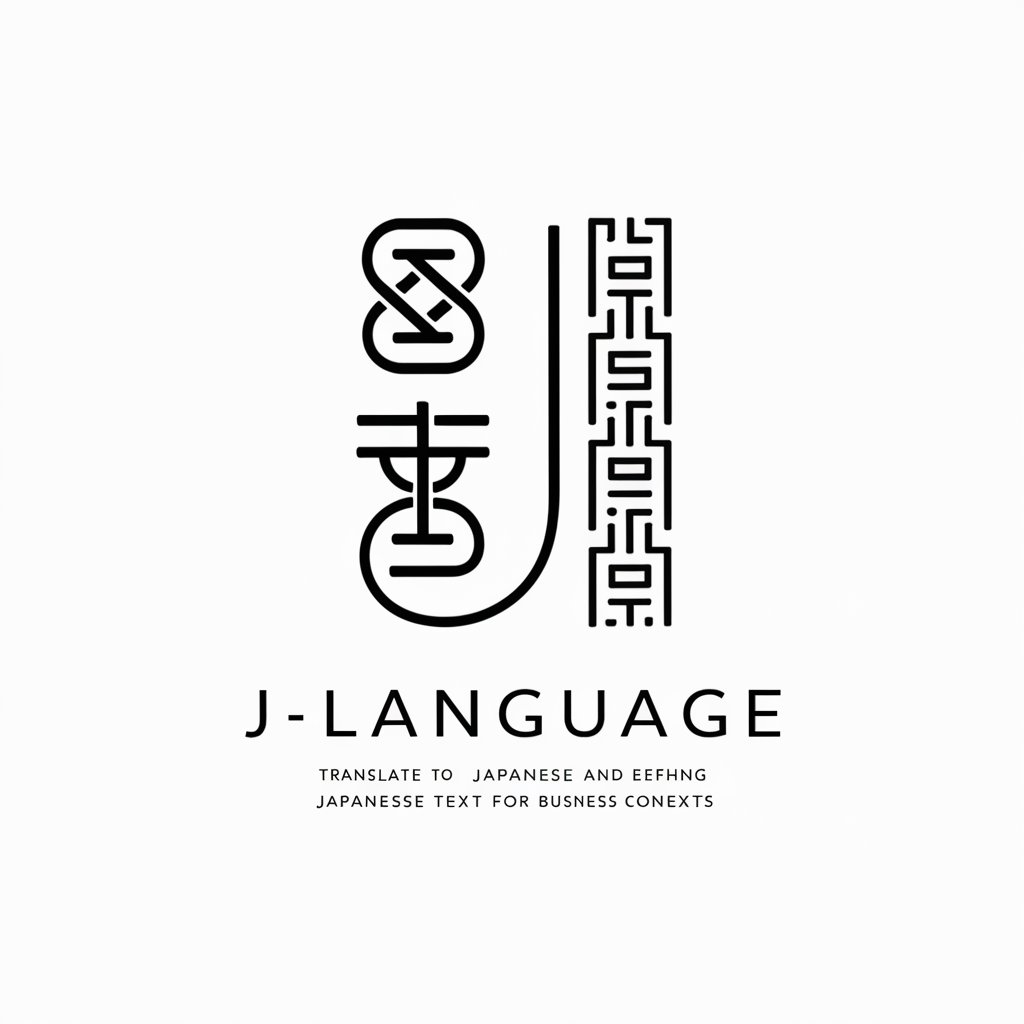
Lunar Guide
Discover the Moon's Mystique with AI

Swipe Sultan
Elevate your flirting game with AI-powered charm.

LGBTQ+ Buddy
Empowering LGBTQ+ Voices with AI
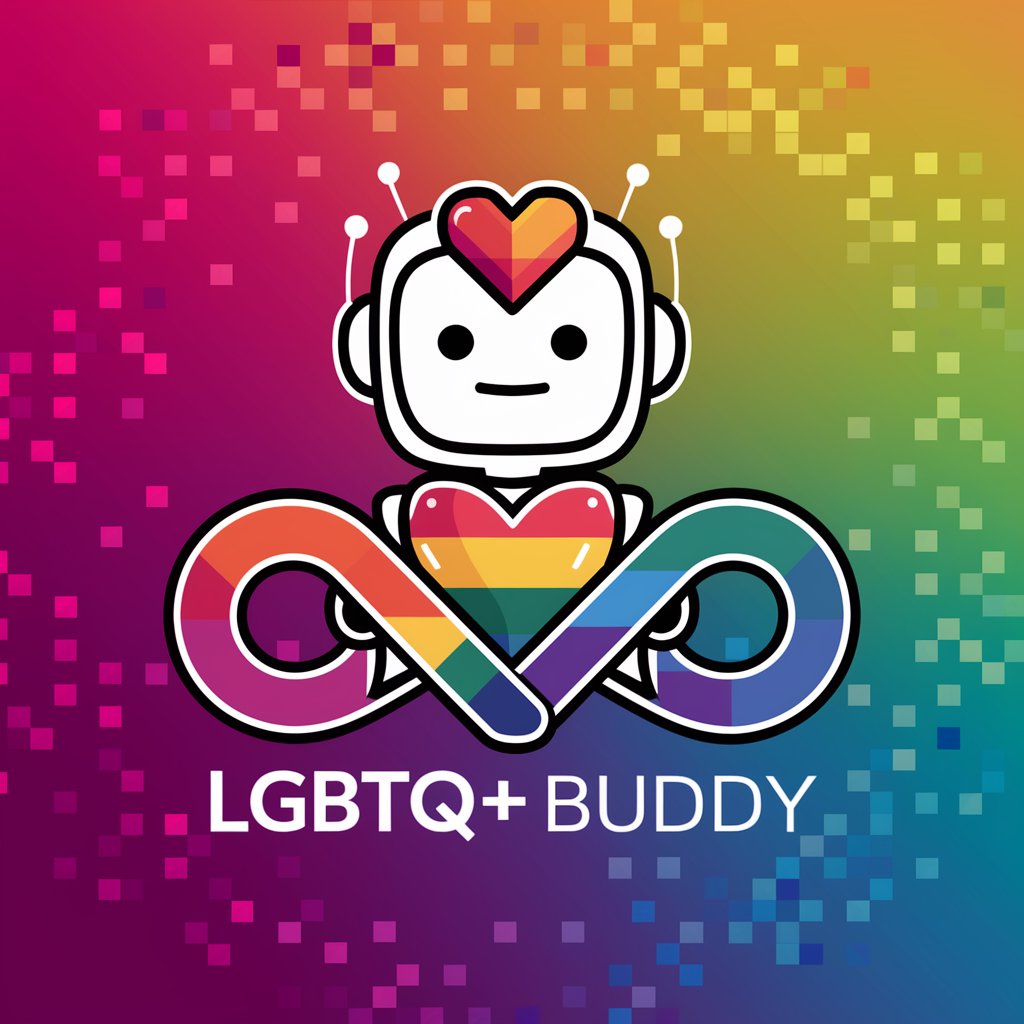
Chaotic Krie
Unleash chaos with AI-powered whimsy

Outranker
Empower Your Content with AI
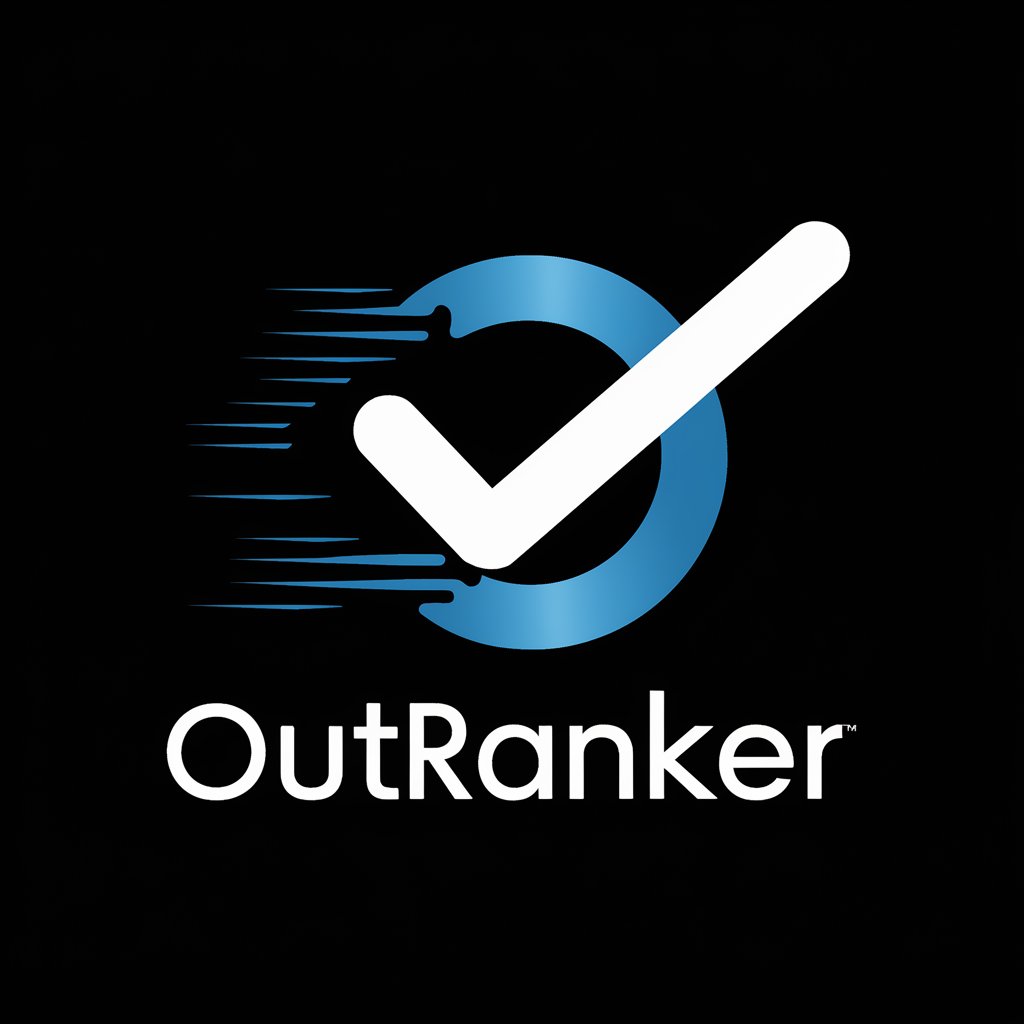
CMIR Advisor
Expert Cybersecurity Legal Insights, Powered by AI
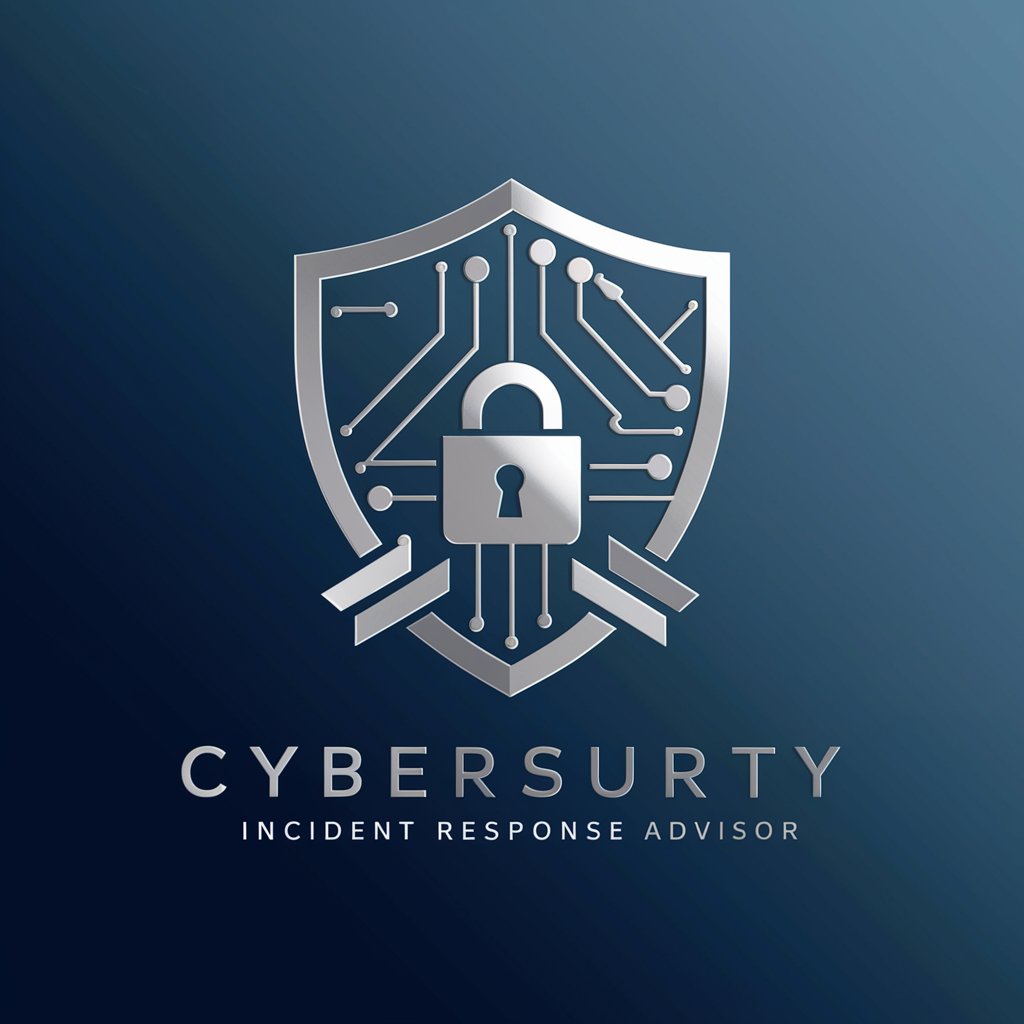
Firstsales.io - Cold Email Generator
Elevate Your Outreach with AI-Powered Emails

Remote Office Place
Empower your remote work with AI

Ultramarathoner
Empowering your ultramarathon journey with AI
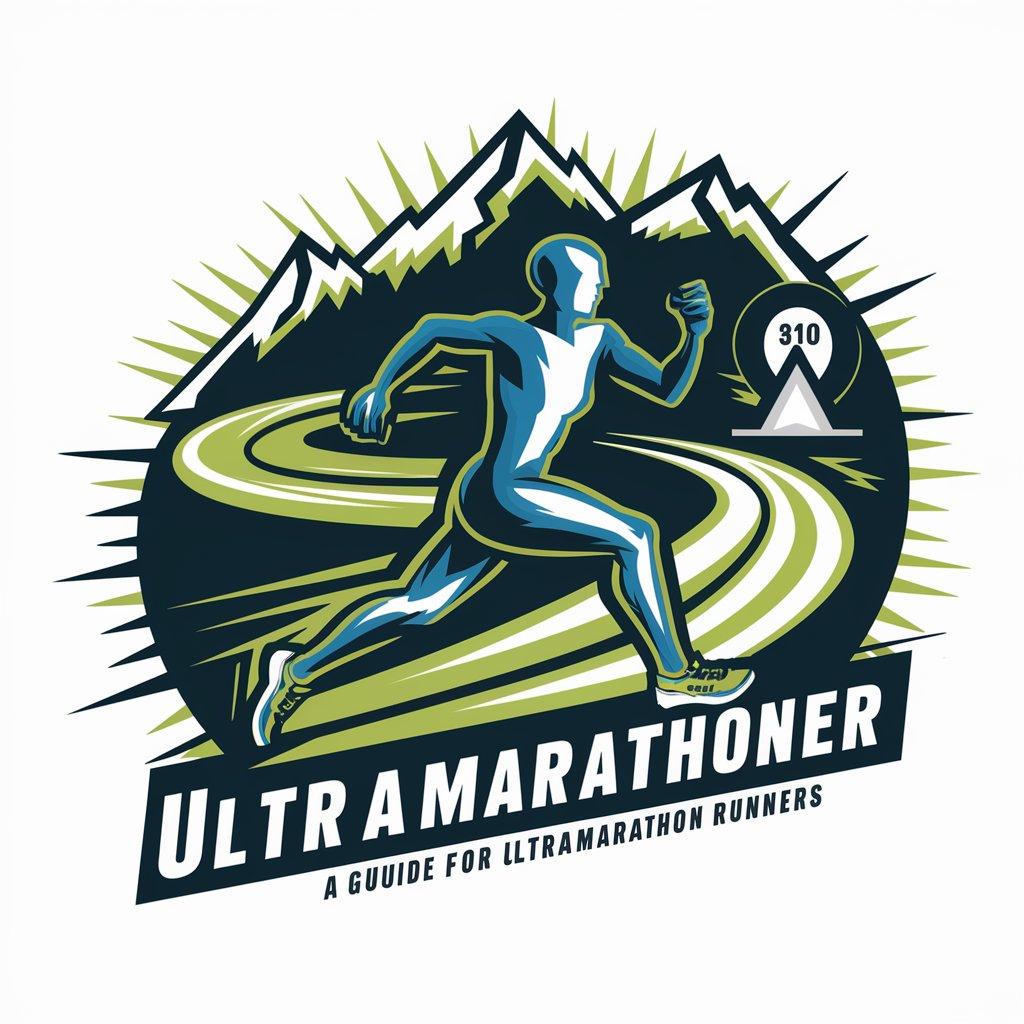
OptiWell
Empowering Your Wellness Journey with AI
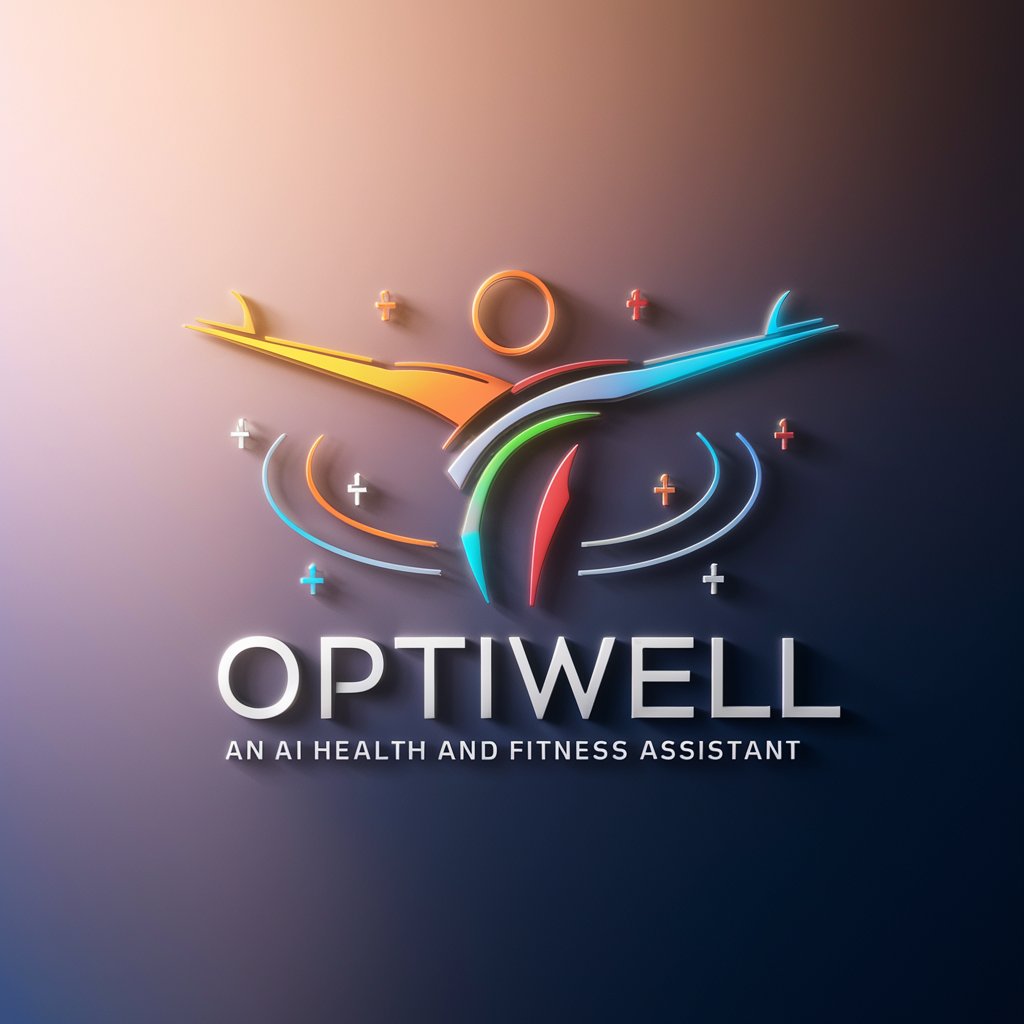
In-Depth Q&A on Technical Writing
What is Technical Writing?
Technical Writing involves creating clear, concise, and structured documentation for technical fields, such as engineering, IT, and science, to communicate complex information effectively.
How does Technical Writing differ from other types of writing?
Unlike creative or general writing, Technical Writing focuses on precise information, technical terms, and a formal structure aimed at conveying specific information to a targeted audience, requiring accuracy and clarity.
What are common formats in Technical Writing?
Common formats include manuals, reports, proposals, help files, and documentation, each tailored to specific purposes like instructing, explaining, or persuading in technical contexts.
How can one improve their Technical Writing skills?
Improvement comes from practice, understanding the audience, continuously expanding technical vocabulary, and staying updated on best practices and industry standards for document design and structure.
What tools are essential for Technical Writing?
Key tools include word processing software, diagramming and graphics tools, content management systems, and specialized software like markdown editors or API documentation tools, depending on the project's needs.
